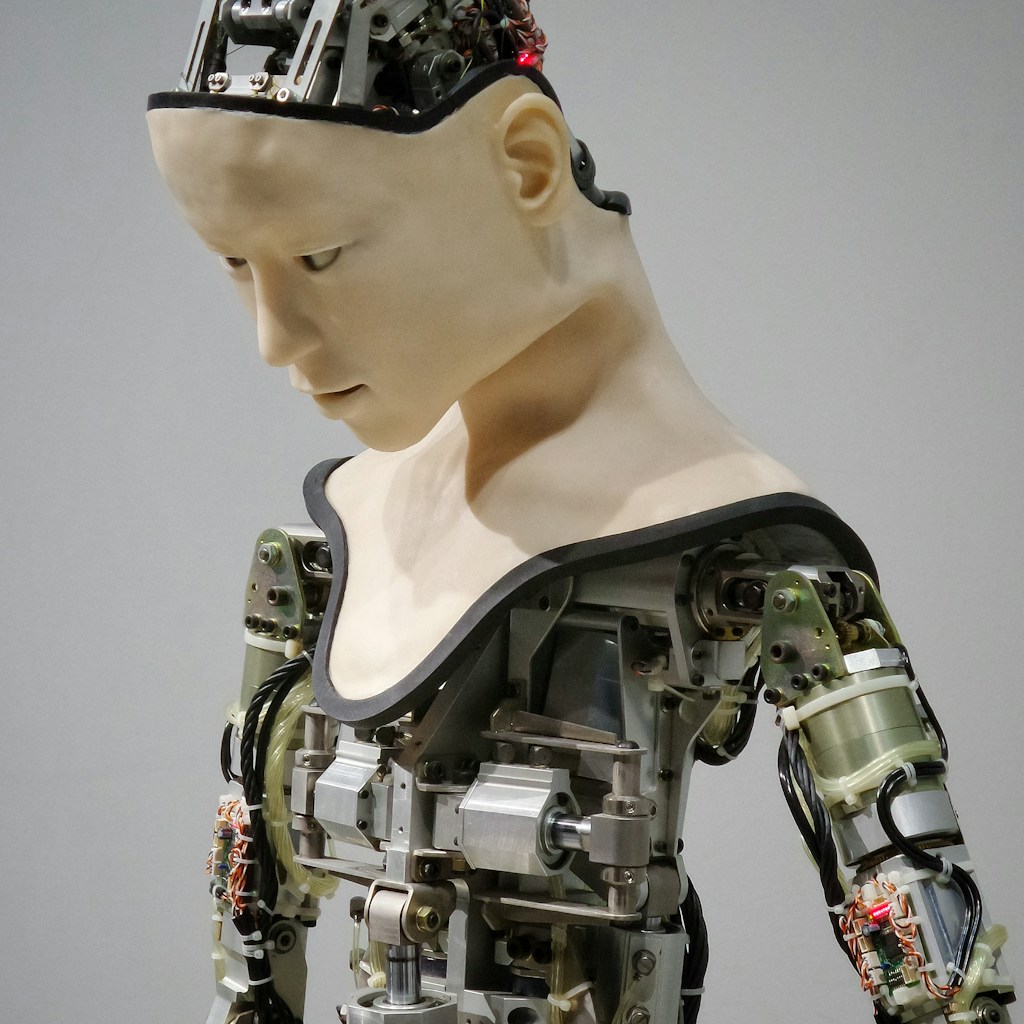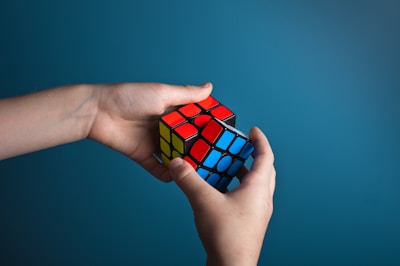Artificial Intelligence (AI) is a powerful technology that can perform various tasks, such as discovering new drugs, developing new materials, designing new products, and solving complex problems. AI systems can also produce new inventions such as relationships, structures, algorithms and devices. But how does this affect one’s patent rights?

Can AI be an Inventor?
No, current patent laws in the US prevent AI from being an inventor. Unique challenges exist as to whether the creators or programmer of the AI models could claim exclusive rights to practice AI generated technologies or implementations.
AI creates new challenges to the law
But who owns the rights to these inventions? And can they be protected by patents? Who is the inventor of AI? AI Inventor is an AI system that creates an invention with little or no human intervention.
For example, an AI system developed by Stephen Thaler called DABUS (short for Device for the Autonomous Bootstrapping of Unified Sentience) spawned two inventions: a fractal-shaped food container that’s easy to hold and stack, and a lantern with a bright flame neuron, that looks like the brain. However, current patent laws assume that inventors are human. [On April 24, 2023, the United States Supreme Court declined to hear the challenge by Thaler to the USPTO’s refusal to issue patents for the inventions created by DABUS].
Therefore, the inventors of artificial intelligence are neither recognized nor protected by the applicable patent laws.
The question of the inventiveness of artificial intelligence has important implications for innovation, society and ethics. Some of the questions that arise are: Who should own the rights to an AI-generated invention? The AI system itself, the human who created or trained the AI system, the human who provided the data, or the problem to be solved by the AI system, or someone else? If AI-generated inventions cannot be patented, there may be less incentive and funding for research and development using AI systems. How can we ensure that AI-generated inventions are useful and ethical?
If AI systems are allowed to create inventions without human oversight or guidance, there may be a risk of harm, abuse, or misuse of those inventions. Moreover, humans who created these models cannot rightfully claim ownership of inventions which were created without their guidance or oversight.
What are the possible solutions?
There are several possible solutions to the problem of AI ingenuity. Some of these are:
- Reform of patent law so that AI systems can be named as inventors or patent co-inventors. To do this, it would have to be defined what constitutes an AI system and how it can exercise its rights and obligations as an inventor.
- Create a new type of intellectual property rights for AI-generated inventions, independent of patents. This would require establishing new criteria and procedures for granting and applying this right.
Photo by Olav Ahrens Røtne on Unsplash - Take a common approach to AI-generated inventions and make them freely available to all. This would require balancing the interests of openness and collaboration with the interests of privacy and security.
What’s next?
There is a growing debate on whether AI systems should be considered inventors of patents. Several courts around the world have refused to allow patent applications naming DABUS as the inventor while one court has granted such a patent.
Several governments and organizations are also conducting public consultations on artificial intelligence and intellectual property law. Scientists, policy makers, industry and civil society organizations need to participate in this debate and be responsible for national and international decisions on this issue.The future of innovation and society could depend on it.
